Student Study Team (SST)
Pursuant to California Education Code § 56303, “A pupil shall be referred for special educational instruction and services only after the resources of the regular education program have been considered and, where appropriate, utilized.” [emphasis added] In light of this requirement, the Butte County SELPA firmly believes an effective Student Study Team process at each individual school site is key to providing timely and appropriate interventions within general education to allow students to learn in the least restrictive environment and avoid the need for special education eligibility.
The Student Study (or "Success") Team is a school site team that consists of school administrators, classroom teachers, parents, students (where appropriate), district support personnel and often special education personnel. The composition of the teams may vary according to student needs and the size and personnel resources of the school or the school district. The referring individual and administrator (or designee) must always be present. A student may be referred to the SST for lack of academic progress; increasing behavioral concerns; consideration for retention; attendance/truancy issues; and parent concerns. Typically, school-age children, upon request from parents or staff for consideration of special education, are first referred to the Student Study Team at their school site.
The Student Study Team uses a systematic, problem-solving approach to assist students who are not progressing at satisfactory rates. At an SST meeting, staff and parents collaborate to clarifiy problems and concerns; develop an action plan that may include interventions, strategies, accommodations and/or modifications; and provide a system of accountability on progress. The SST will review the student’s strengths, needs, prior interventions and strategies.
The SST should be viewed as an intervention process and not a special education referral process. In fact, referrals for special education should not be made from an initial SST meeting. It is also best practice for SST teams to monitor student progress post-SST with 4-8 weeks of documented interventions that can be provided within general education classes prior to consideration for special education assessment. The SST provides the school's documentation of interventions and teams should meet at least two to three times to review progress monitoring data prior to considering special education assessment. If the SST finds that all appropriate general education resources and interventions have been considered, implemented, and exhausted without adequate student progress occurring, the SST may then refer the student for assessment for special education eligibility.
The Student Study Team may intentionally be designed to be part of proactive and preventative Response to Intervention (RtI) activities, and SST also plays a key role in implementation of a Multi-Tiered System of Support (MTSS).
Links
Butte County SELPA Manual on Pattern of Strengths and Weaknesses, at p. 20
Guidelines and Resources for Student Study Teams, shared courtesy of the El Dorado Charter SELPA
Student Study/Success Team Handbook, shared courtesy of the San Joaquin County SELPA
Student Study Team and Response to Intervention Handbook, shared courtesy of the West Contra Costa USD SELPA


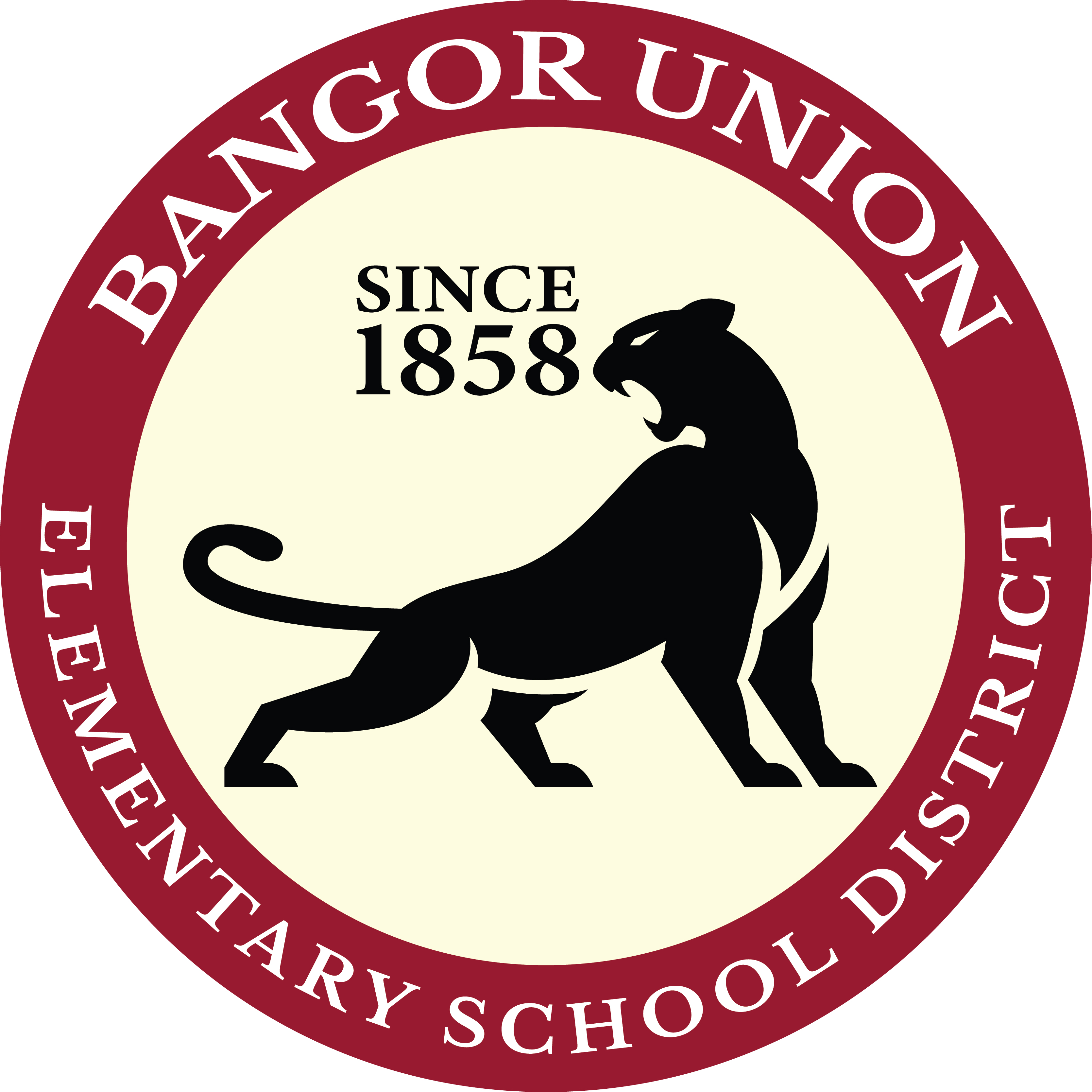

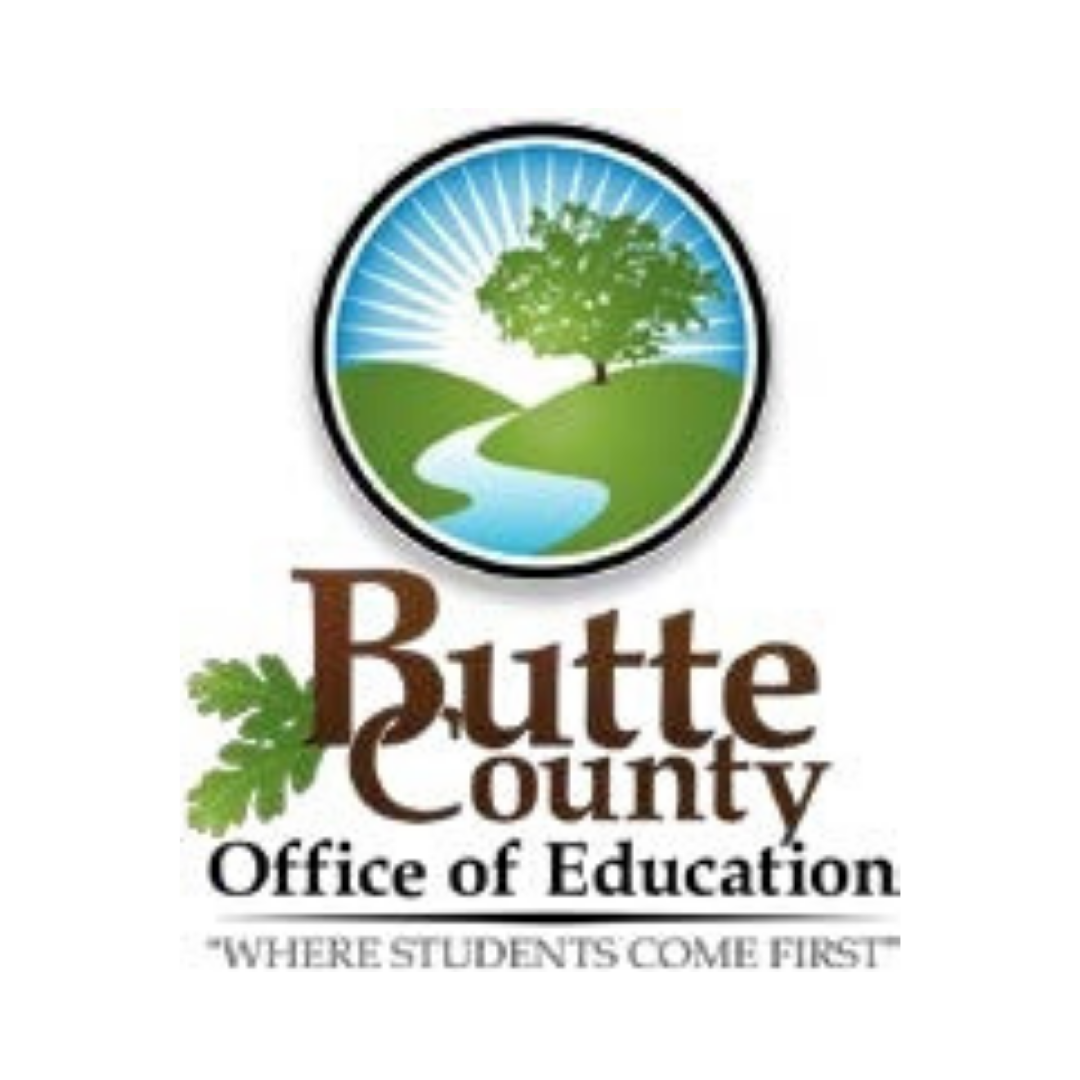
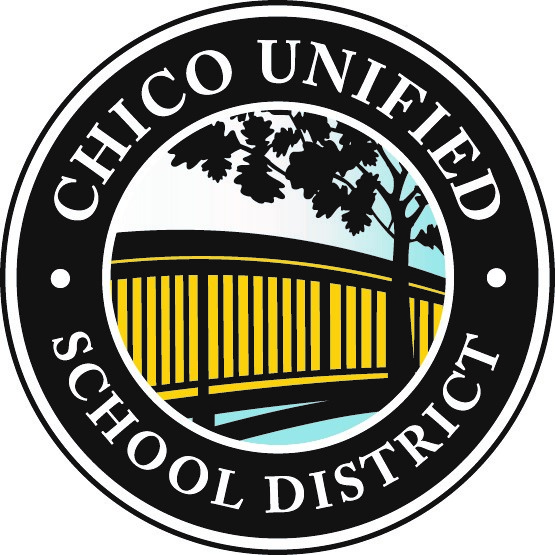
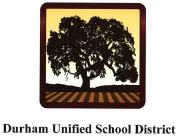


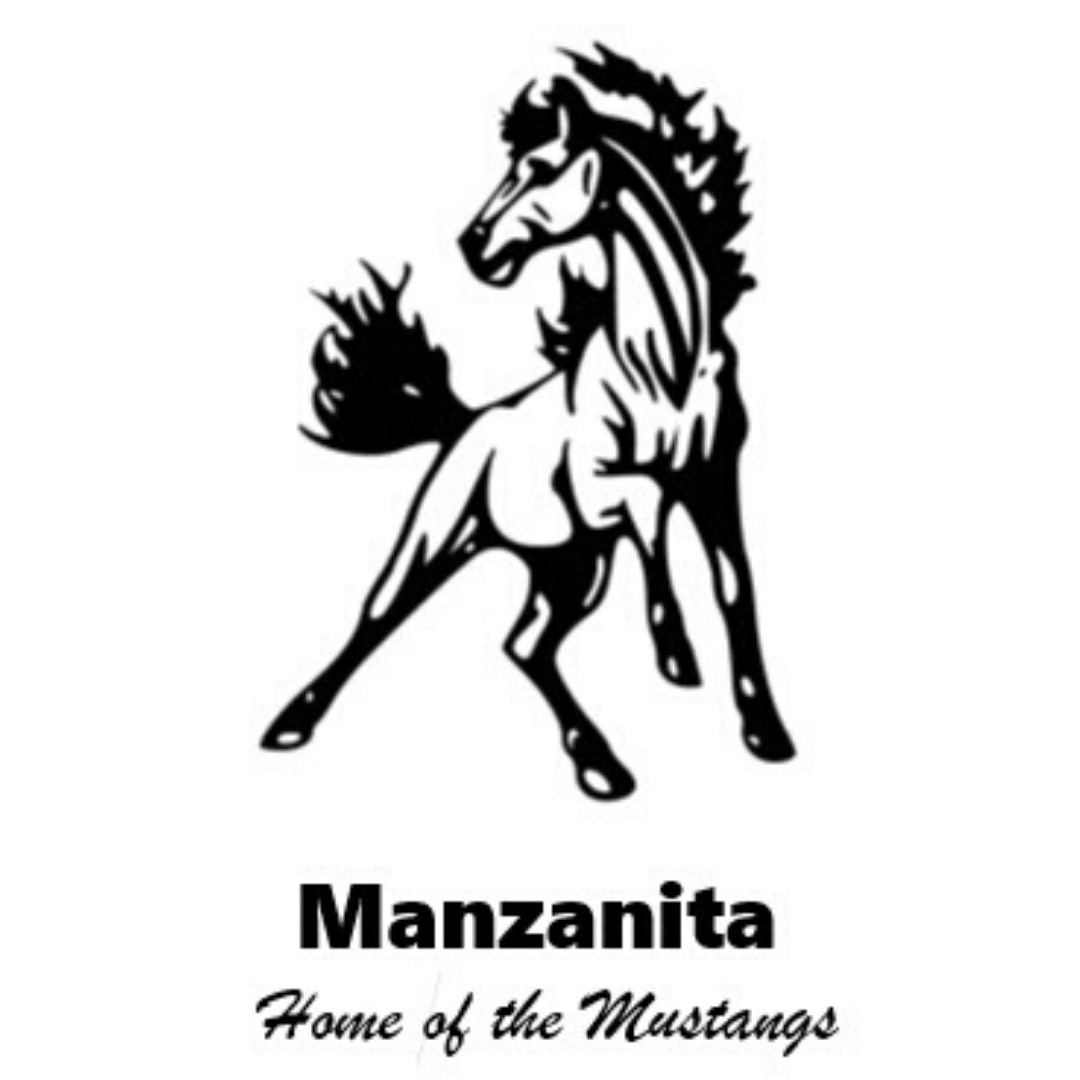
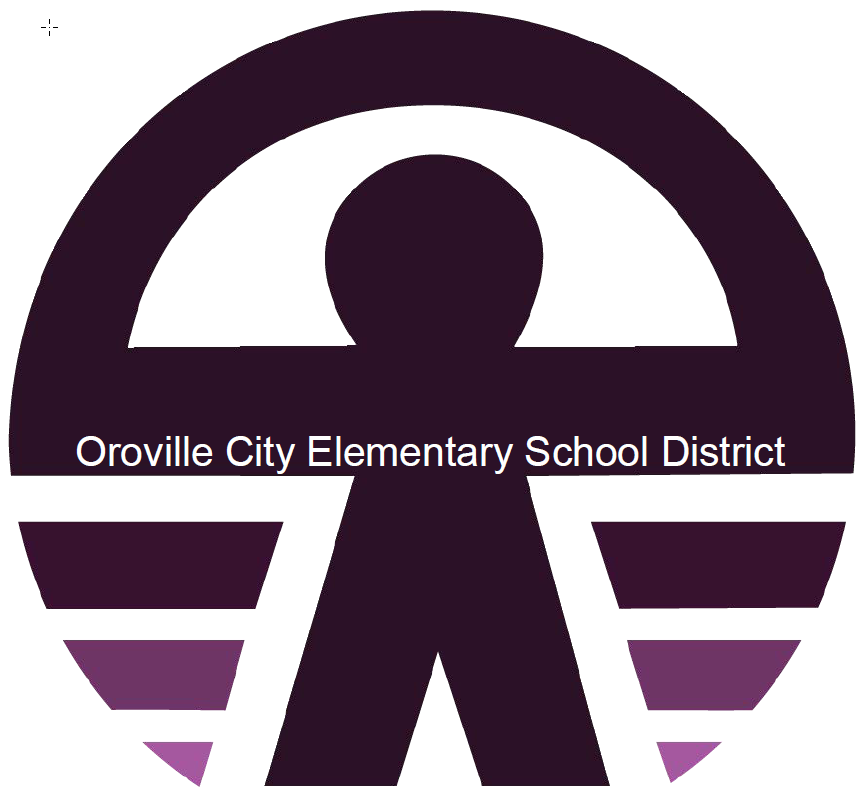
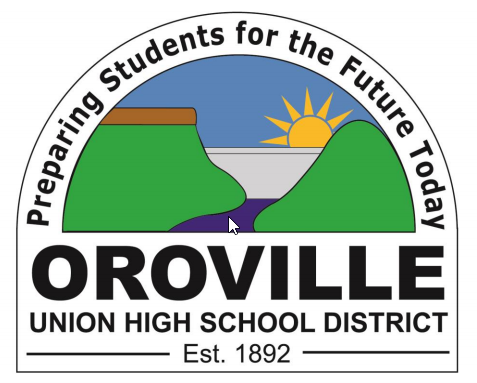

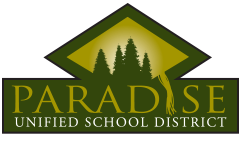
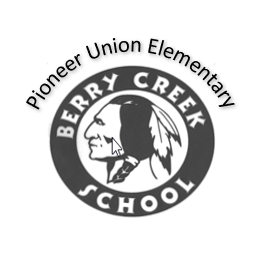
.jpg)